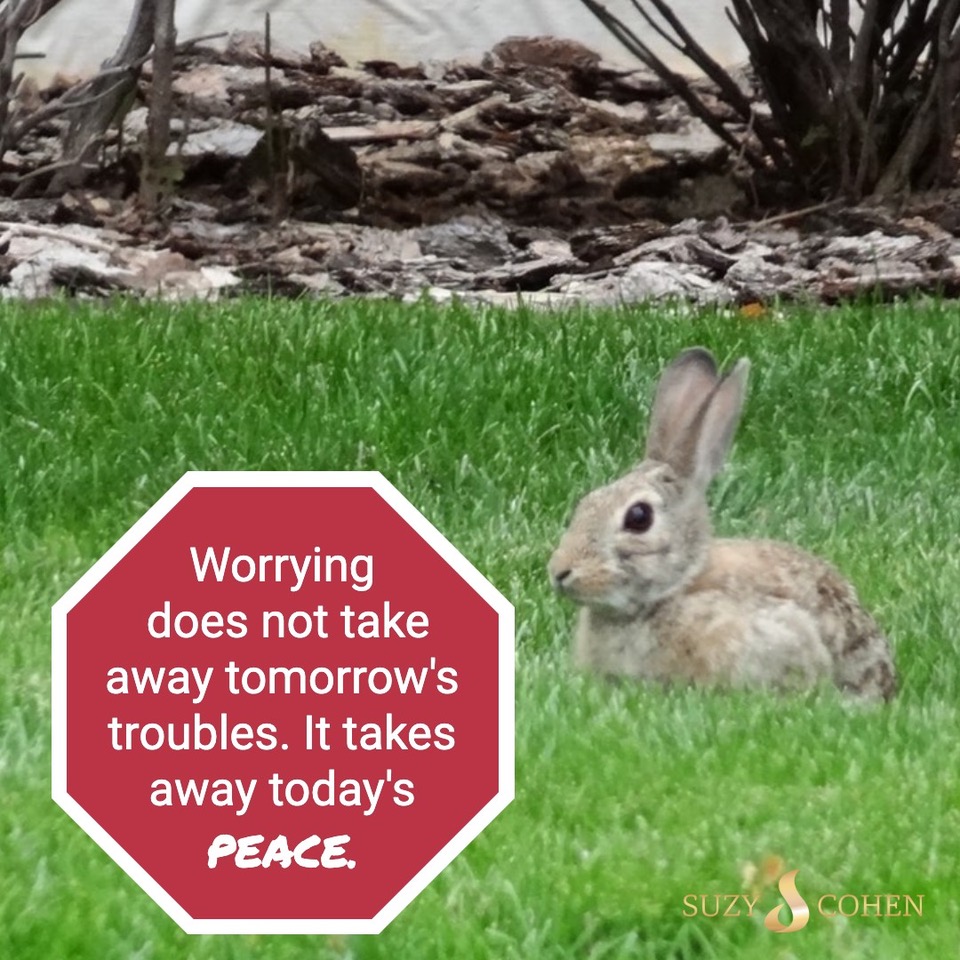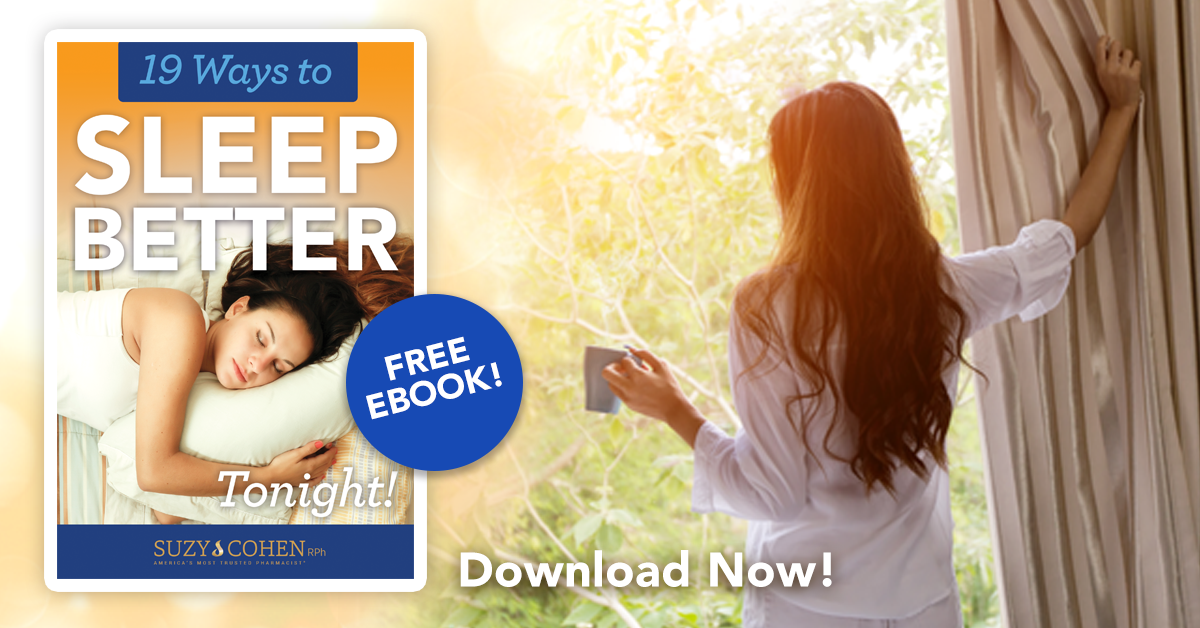What's On This Page?
ToggleSleeping well is critical to your immune system right now because it could help you improve outcomes for a virus, if you catch one. We know how tired we feel if we miss even one night’s sleep!
Sleep deprivation can weaken you, and combine that with anxiety, it’s even more distressing to your body. So to put yourself in the best possible position, try to get more sleep, and improve the quality of your sleep. It’s termed “sleep hygiene.” If you can do that, you can improve your mood, your baseline energy levels and your productivity.
Fight Viruses.
Sleep researchers have proven why sleep should be a priority. It’s our T cells that bolster better immune function, and that helps us defend ourselves against pathogens. Without enough sleep, this part of our immune system suffers; that’s why people who have chronic sleep disorders experience more colds and flu.
Pulling an all-nighter once in a while doesn’t impact you in this way, but chronic sleep disorders do. That statement reminds me of an ARTICLE I wrote about all-nighters, which might be interesting to you.
I found another interesting scientific ARTICLE showing some data about host defenses and specifically, how a protein in the brain profoundly impacts mortality when it comes to lung-related issues from influenza or other viruses.
Circadian Rhythm.
Your circadian rhythm exerts a strong influence on all of your immune parameters. When you sleep, you give your brain a little vacation. That allows it to focus on rejuvenation and restoration.
It’s akin to you leaving your office for a week and flying to a resort for some R&R. Afterwards, you just feel better, happier and suddenly more efficient. I realize that analogy is a little painful for some of you because you may have just canceled a trip in light of the Coronavirus pandemic, but my point has been made. I want you to understand that sleeping is a vacation for your body. If you don’t sleep well, your body never, ever rests.
It’s good to know that some medications interfere with sleep. Steroids must be taken in the morning for that reason, and even they can still interfere with sleep at night. Thyroid medicine should be taken in the morning because it is stimulating. Also, nasal decongestants should not be given at night.
Immune Function and Sleep.
It is a fact that reduced amounts of sleep, or poor sleep quality raises your risk for obesity, infections, depression, diabetes, and cardiovascular disease. It’s not just melatonin, the most famously discussed hormone; there are a variety of other hormones involved in the sleep-wake cycle.
Most of us are aware of melatonin, but of course, cortisol, estrogen, TSH (thyroid stimulating hormone), and prolactin vary over a 24-hour day and night. These are controlled by your individual sleep-wake cycle and of course, play a role in body temperature and the ability to sleep itself. There are hormonal fluctuations in your sex steroid hormone production that could be impacting sleep.
For example, estrogen dominance could lead to intractable, unrelenting insomnia no matter what herbs or medications you take. You can test your hormones now by yourself, with a test kit that you do at home, using urine. Essentially, it’s a pee test on filter paper, then you mail it back. It’s called DUTCH (Dried Urine Testing for Comprehensive Hormones) and you can find out more about that HERE.

All sleep hormones, including melatonin, naturally begin their decline as we age. It starts around the age of 40 for most people, and gets much lower by the time you are 60 or 70. That explains why your mom calls you at 4am not realizing how early it is for you! She’s up early, so she just starts going about her day! 😳
I firmly believe that the natural decline in sleep-related hormones contributes to our elderly population being more susceptible to complications from infections such as influenza and COVID-19. By this token, chronic insomniacs would be at higher risk, as well as night-shift workers.
It’s a sad irony that many people are losing sleep over this world tragedy, Googling into all hours of the night, being isolated in their homes, or quarantined at the hospital without loved ones and support… and much more… and sleep is the very thing that could help boost immunity.
On a little side note, I have an interesting article about dreaming, CLICK HERE to read, Amazing Facts About Nightmares and Dreaming.
More Research.
Sleeping reduces pain chemicals in the body and that helps you feel better. For example, you’re less likely to experience that “cytokine storm” that people sometimes mention if you have a healthy sleep-wake cycle. In other words,
T helper cell formation is amped up, while there is a reduction in the level of harmful pro-inflammatory cytokines. We see a better number of the good “natural killer cells” and overall, there is a general increase in growth hormone with a reduction in cortisol and catecholamine concentration. Your immune cells become better at finding and destroying the antigens that enter your body! This is a lot of scientific talk to say one simple thing:
If you can get some good sleep, your immune cells work better. They fight for you with more vigor. This was already proven (repeatedly in fact), and some of the research was published in the European Journal of Physiology.
T Cell Function.
If the T cell response is up-regulated, that can be a good thing. A T cell is an immune cell that is made by your Thymus gland, hence the abbreviation “T cell.” It is needed in order for you to mount an attack against a foreign substance that enters your body (or is created in your body like with autoimmune disorders), called an antigen.
The antigen can therefore be self-produced, or it can get into you like a droplet from someone’s sneeze. Either way the antigen MUST be recognized by your self. It is then tagged as “non-self” and your immune system illicits an appropriate response to get rid of it!
This process gets completely unraveled if you don’t sleep! A 2019 study published in the Journal of Experimental Medicine (March 2019) further elucidates the mechanism of action that disrupts T cell functions in human beings.
COVID-19 and Sleep Apnea
It has been pondered whether one’s risk for COVID-19 is higher if the condition of Sleep Apnea is present. The level of risk and other information regarding that is currently unclear. According to the American Academy of Sleep Medicine, “It is unclear whether CPAP could make the coronavirus worse. But using CPAP could increase the risk of spreading the virus to others around you.” There is more information HERE.
Highest Risk Factors.
What we know at the time of this writing, is that the degree of complications and the risk for mortality appears (so far) to be greater in those who have heart disease, diabetes, respiratory compromise such as COPD, chronic asthma, emphysema, kidney dysfunction and immunosuppression (for example, a history of cancer).
Another category is those who are supported on medications that suppress immune function, for example corticosteroids and chemotherapy, two drug categories known to make you more prone to infections. Finally, I would venture that another group of people who are at higher risk include those who smoke. The cilia of the lung are one target for this disorder, so it’s any type of lung compromise that increases one’s risk.
Please take a few minutes and read my 3 other articles which will help you sleep more soundly:
Essential Oils to Relax and Sleep
Prescription Sleeping Pills and Natural Remedies for Rest
9 Reasons You Don’t Sleep Like a Baby
CLICK LIKE to FOLLOW Suzy Cohen – Get Important Health Tips

Suzy Cohen, has been a licensed pharmacist for over 30 years and believes the best approach to chronic illness is a combination of natural medicine and conventional. She founded her own dietary supplement company specializing in custom-formulas, some of which have patents. With a special focus on functional medicine, thyroid health and drug nutrient depletion, Suzy is the author of several related books including Thyroid Healthy, Drug Muggers, Diabetes Without Drugs, and a nationally syndicated column.


